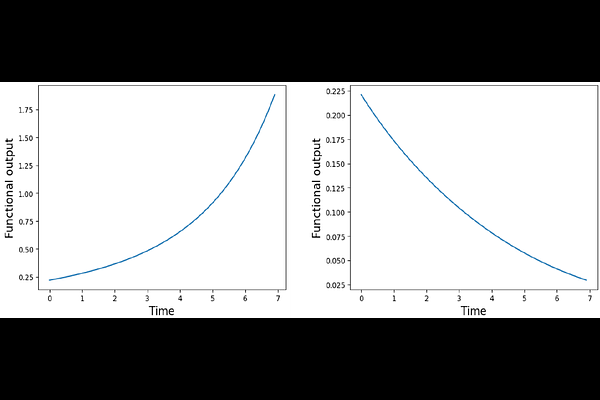Emergence of Pareto distributions in intracellular protein activity through interaction-driven modulation

Emergence of Pareto distributions in intracellular protein activity through interaction-driven modulation
Yonekura, N.; Deguchi, S.
AbstractThe functional activity of proteins within cells is often unequally distributed: only a small subset of molecules tends to account for the majority of cellular work. This skewed contribution pattern, reminiscent of Pareto principle, often known as the 80/20 rule, has been observed across various protein classes, yet its mechanistic origin remains poorly understood. In this study, we present a statistical mechanics-based framework that explains how such disparities naturally emerge from biologically plausible rules of interaction and regulation. By modeling proteins as elements whose activity levels and outputs evolve through mutual comparison and feedback, we demonstrate that power-law distributions can arise without assuming any intrinsic heterogeneity. The model also captures a recursive feature of disparity: even among highly active proteins, a new skewed distribution reappears when a subpopulation is isolated, reflecting the scale-invariant structure commonly observed in complex adaptive systems. We analytically derive these patterns under both positive and negative feedback scenarios and identify key conditions under which long-term functional dominance is established. Our results offer a mechanistic interpretation for the coexistence of active and inactive molecular populations and suggest that functional inequality may reflect an adaptive organizational principle of cellular systems.